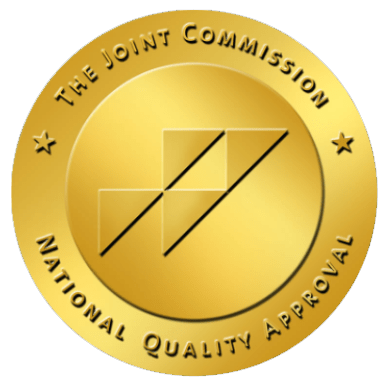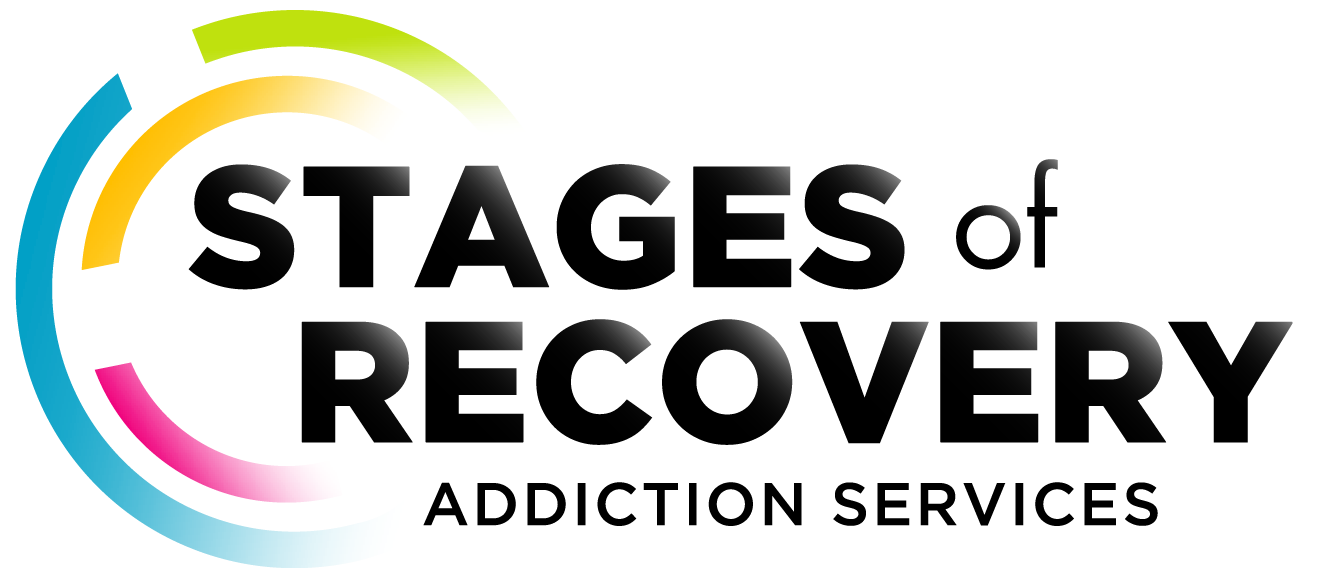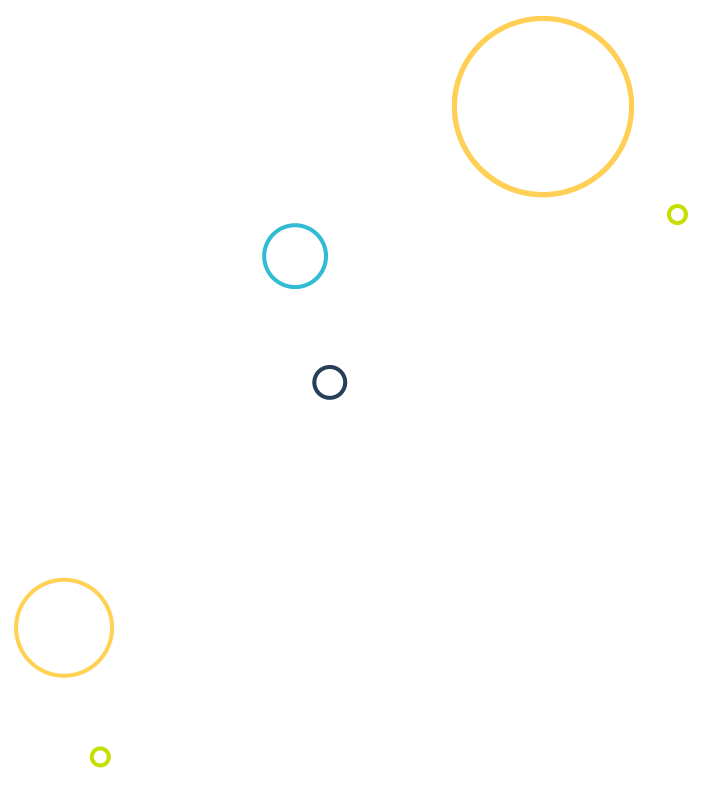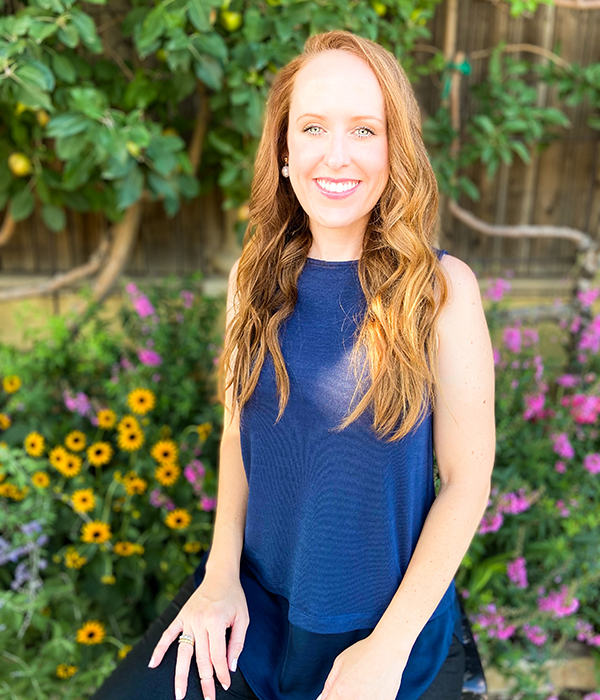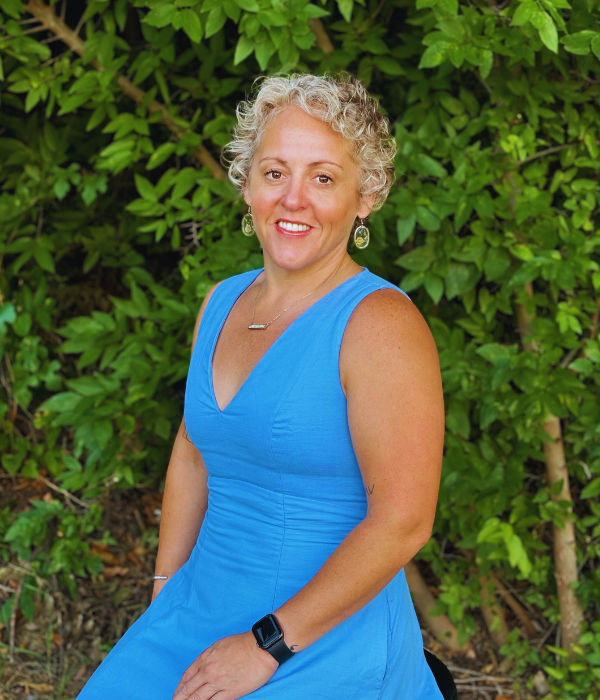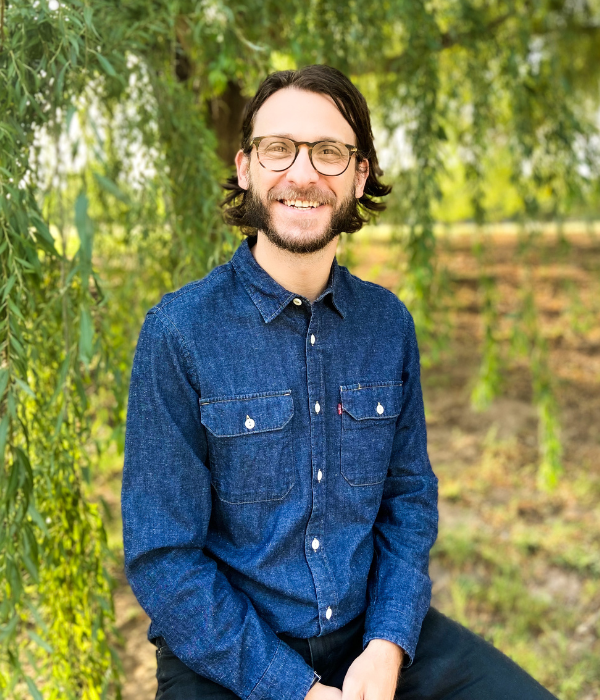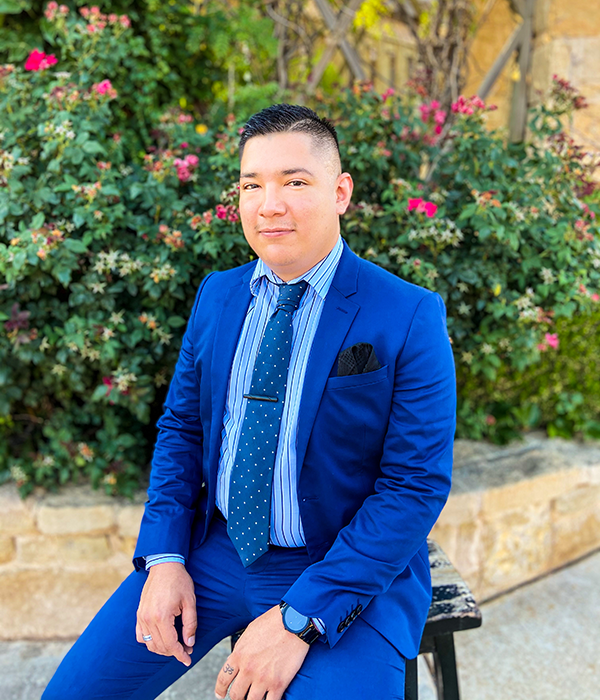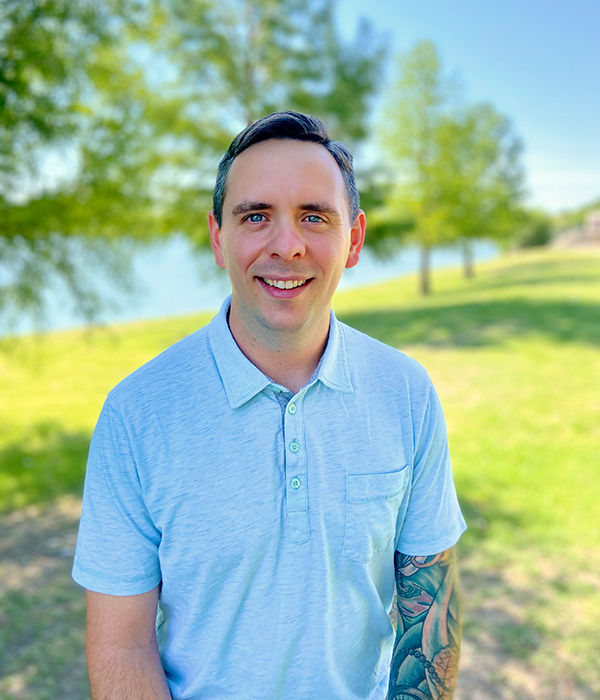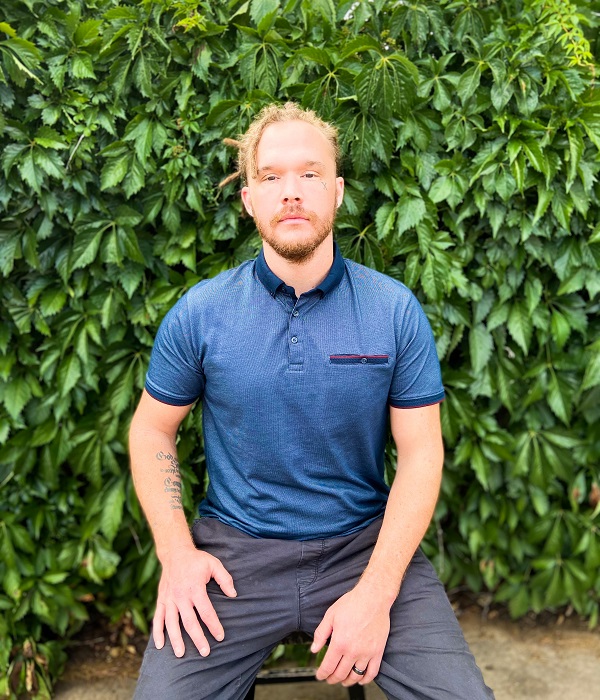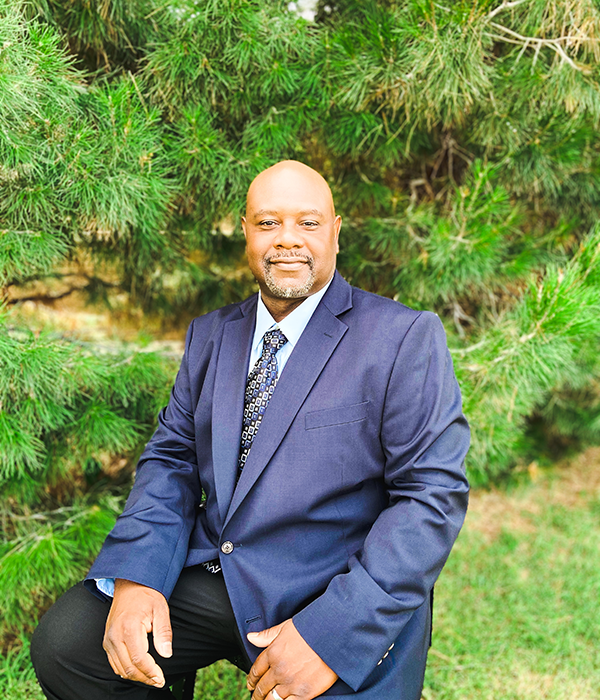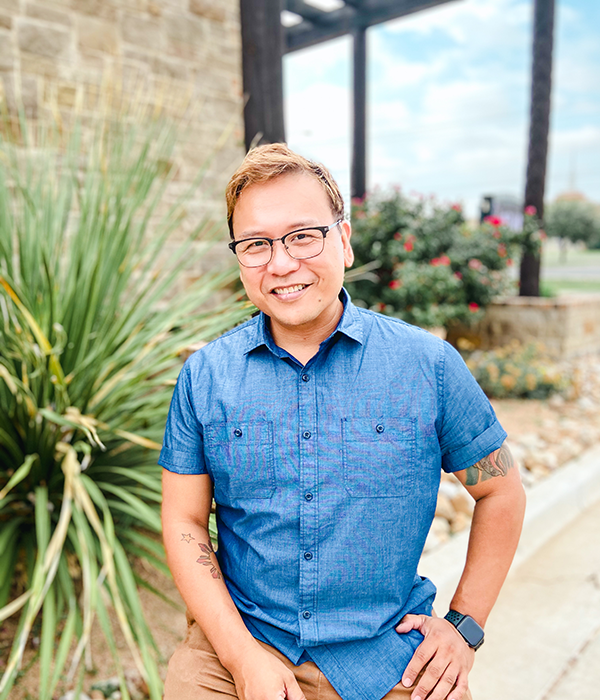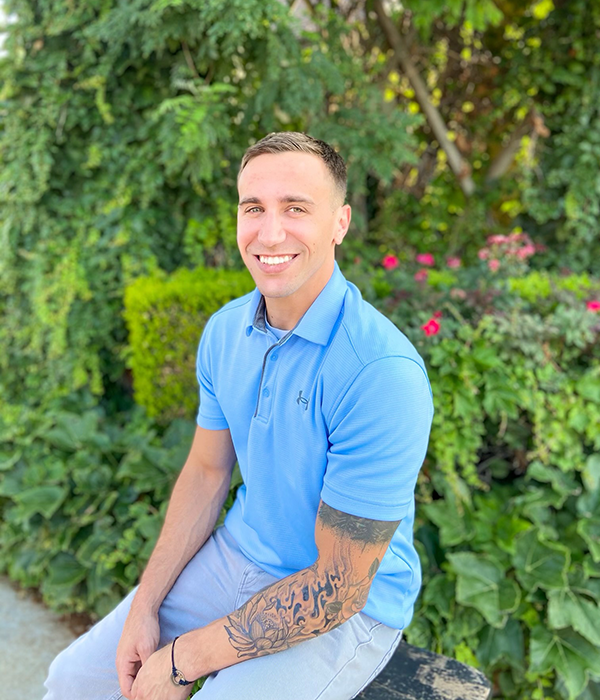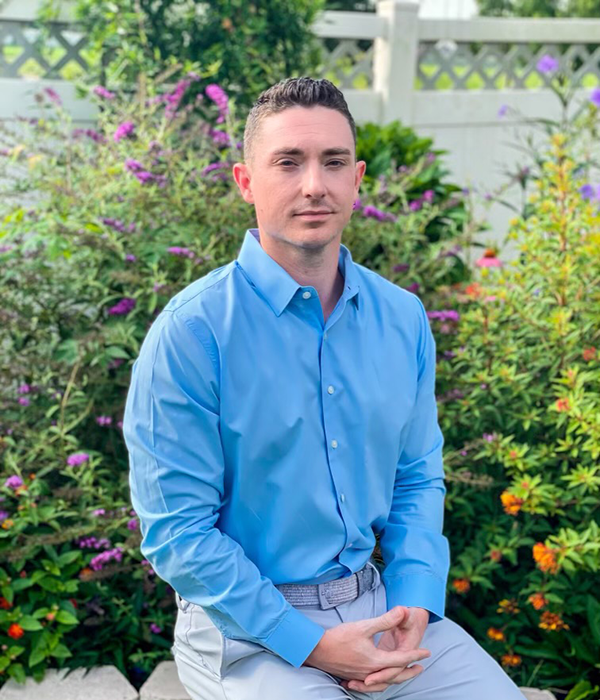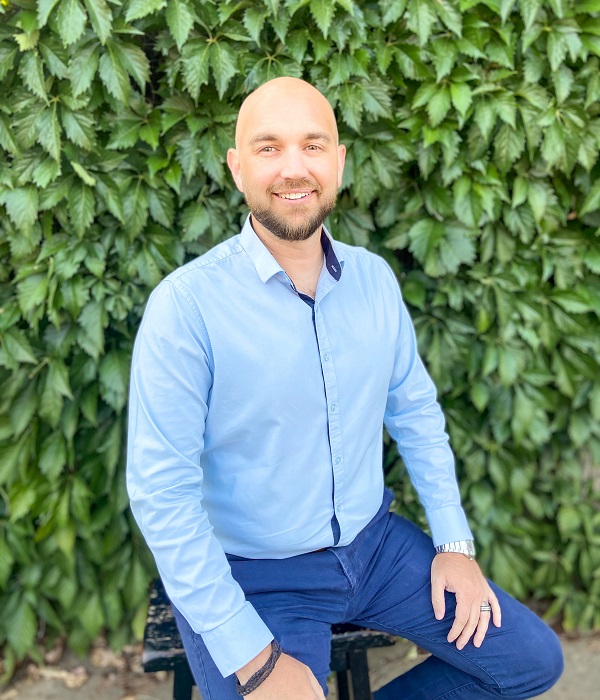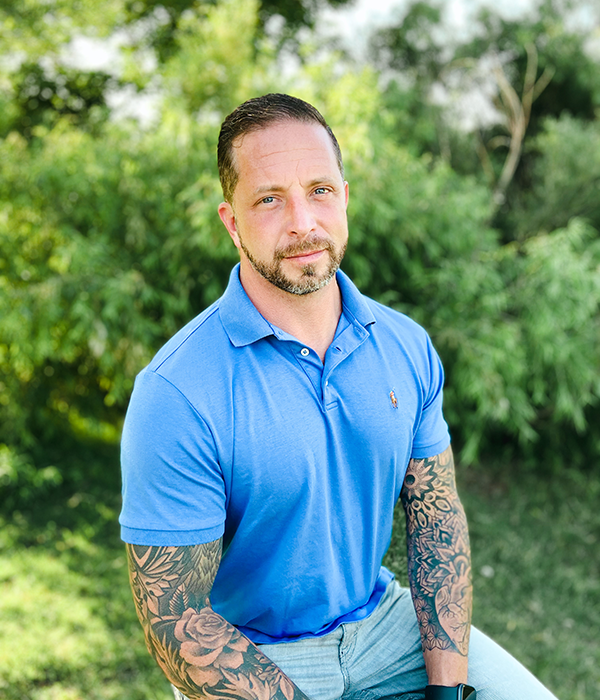Perfection is something for which many people strive. Yet, perfectionism is—ironically—a factor in active addiction and, for those of us in recovery, can easily lead to relapse. Why? Because the driving urge to achieve perfection is the equivalent of trying to please everyone, everywhere, at the same time. It proves disappointing to everyone—namely, ourselves—and ultimately leads to dysfunction.
Perfectionism manifests in many forms and varying degrees, but can invade our minds and distort our self-perceptions to damaging and detrimental extremes. Any perverse demand of perfection placed upon us by others—including but not limited to our parents—potentially leads to addiction and other forms of mental illness. To impose perfectionism on ourselves has equally devastating consequences, as well.
Unfortunately, many of us arrive in recovery thinking we have to do recovery, perfectly. But perfect recovery doesn’t exist. In fact, even successful recovery is not about perfection. It’s about progress—daily progress. That’s why we hear handfuls of wisdom which reiterate that point; “One day at a time,” “Keep it simple,” “Keep coming back. It works, if you work it,” and so on. These phrases were devised by recovering addicts and alcoholics who likely struggled with perfectionism and—more significantly—the guilt and shame that followed anything less than perfect.
Guilt and shame result in pain which, without healthy coping skills, cycle us into negative behaviors and consequences. They are our worst enemies in recovery, and they are the spawn of perfectionism. And, in order to achieve success in recovery, we must break our own cycle of pain by denouncing the desire to be perfect and, instead, simply aspire to make progress.
Whether the steps are baby steps or giant leaps, recovery requires only that we focus on our forward movement, rather than the steps we will—no doubt—take backward. We are addicts. Yes. But, we are in recovery, which means we are healing, and it is a process; not an overnight procedure. Besides, we cannot forget, underneath our disease, we are also human.
